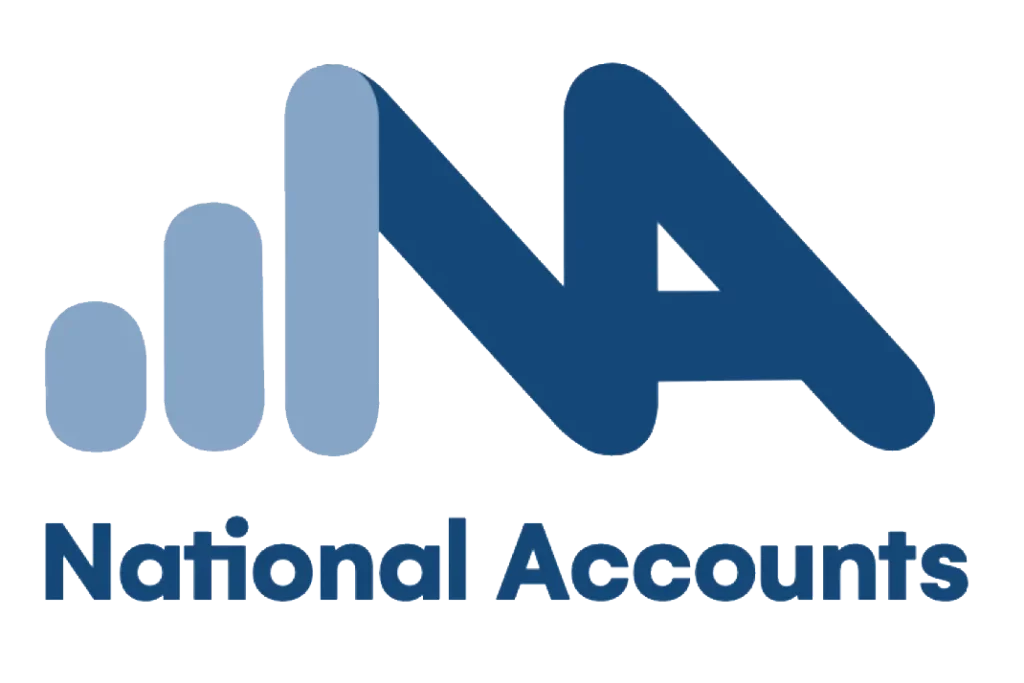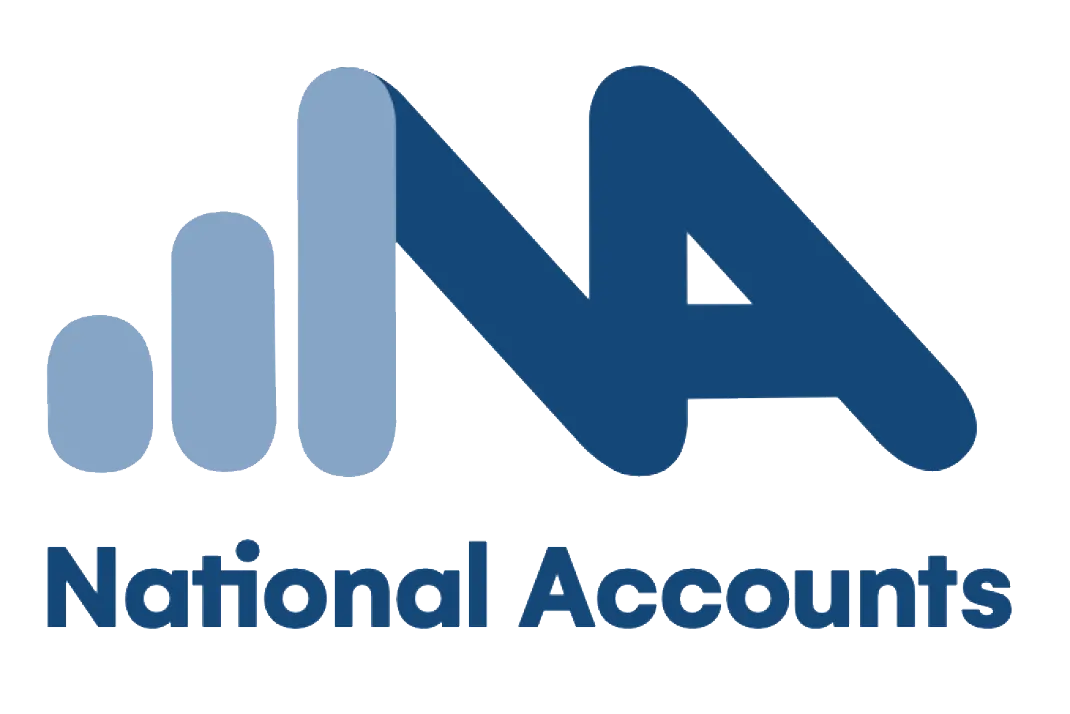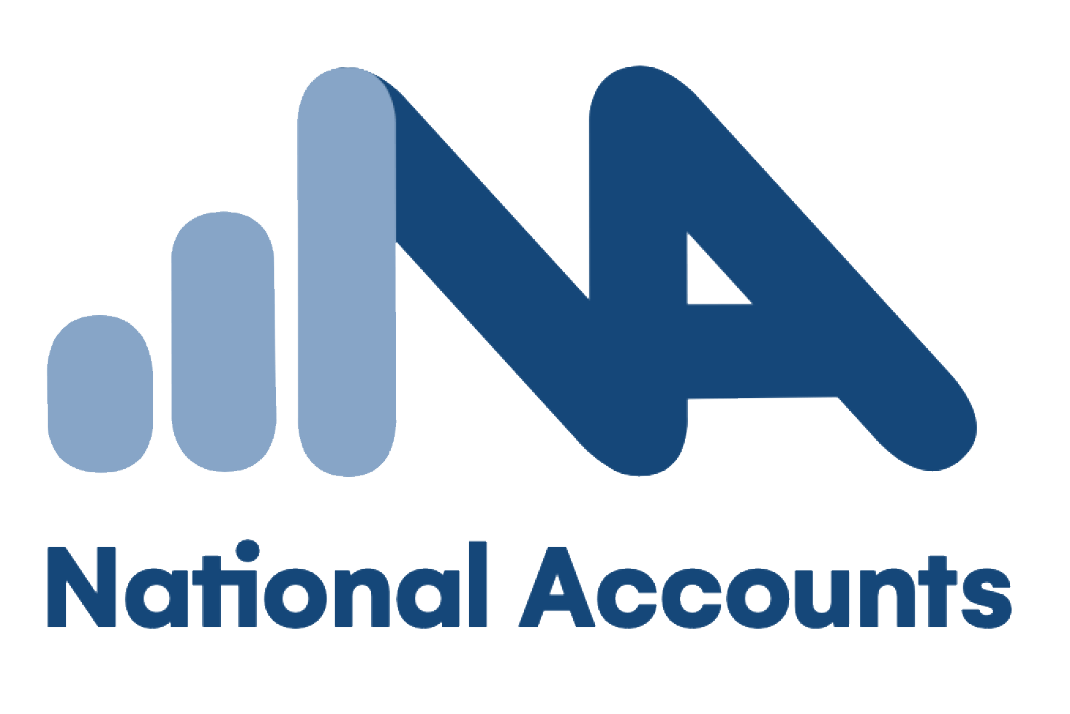Since its inception in 2009, Airbnb has allowed thousands of Aussies to make an extra buck by providing short-term accommodation to holiday makers and business visitors alike.
But while participating in the ‘sharing economy’ can create a quick and easy extra income stream, short term rentals are subject to certain tax policies in Australia. So whether you’re renting a room in your own home, your investment property, or a holiday home, it’s important to be on top of your tax obligations.
With that in mind, we’ve created this quick article to guide you through how to lodge your Airbnb income on your tax return.
Do I need to pay tax on my Airbnb income in Australia?
Yes, you do. Whether you’re using Airbnb, Stayz, or have a private rental agreement within your own home, the ATO considers any money you earn as assessable income. So you must declare it at tax time.
Your earnings will then be added to your wages or other income, and you will be taxed according to the tax bracket you fall into at the end of the financial year.
What can I claim as rental expenses on my tax return?
Airbnb expenses that can be either fully or partially deducted include:
Commercial cleaning
Repairs and maintenance
Food such as a welcome basket or breakfast provisions
Airbnb listing fees
Professional photographer costs
Internet, Foxtel etc
Utilities (gas, water, electricity)
Property management fees
Council rates
Mortgage loan interest
Furniture
It’s important to note that the amount that you can claim from your Airbnb rental depends on whether you rent out an entire home, or a portion of a home.
Let’s look at each scenario:
I’m renting an entire home that I don’t live in
This makes your deductions pretty straightforward. Your expenses may be deductible in the same way as other landlords. However, you can only claim expenses for the period in which the property was either rented, or available for rent.
So just say you have a holiday home which you stay in for a total of 4 weeks a year. You cannot claim expenses incurred for this time period. But you can claim them for the remaining 48 weeks of the year as long as the property was either rented, or vacant and available for rent, during that time.
I’m renting a room in my own home that I live in
If you’re only renting a portion of your property, you can only claim expenses related to that part of the house. This means you have to apportion your expenses, which is usually done on a floor-area basis.
Once again, you can only claim expenses for that room when it is either occupied, or vacant and listed publicly for rent.
As for the expenses related to shared areas such as the kitchen, bathroom and lounge room, these are apportioned based on access. So for example just say your renter and yourself as the host both have equal access to the lounge room, then you’ll deduct 50% of the expenses incurred in that room.
Do I need to get an ABN and register for the GST?
The ATO generally views your Airbnb listing the same as having an investment property, not a business. Therefore it’s not usually required to get an ABN or register for the GST.
However if you have several properties or are leasing in a similar way as a boarding house or hostel, the ATO may view your enterprise as a business, in which case you may be required to charge GST.
If you’re running an Airbnb business there are also more complex rules around taxation. It’s best to speak with a registered tax accountant to make sure you’re fulfilling your requirements with the ATO.
How to get help with your Airbnb tax return
If you’re wondering where to put Airbnb income on your tax return, what you can claim as an expense, or are unsure of whether you’re doing the right thing when it comes to Airbnb tax, it’s wise to speak with a tax accountant.
Every Airbnb host’s financial situation is different, and it’s important to ensure that your finances are set up in a way that maximises your return while minimising your tax.
At National Accounts, our friendly tax accountants are well versed in the complexities and tax implications of renting through Airbnb. Simply get in touch using the link below to see how we can help take the stress out of tax time.




